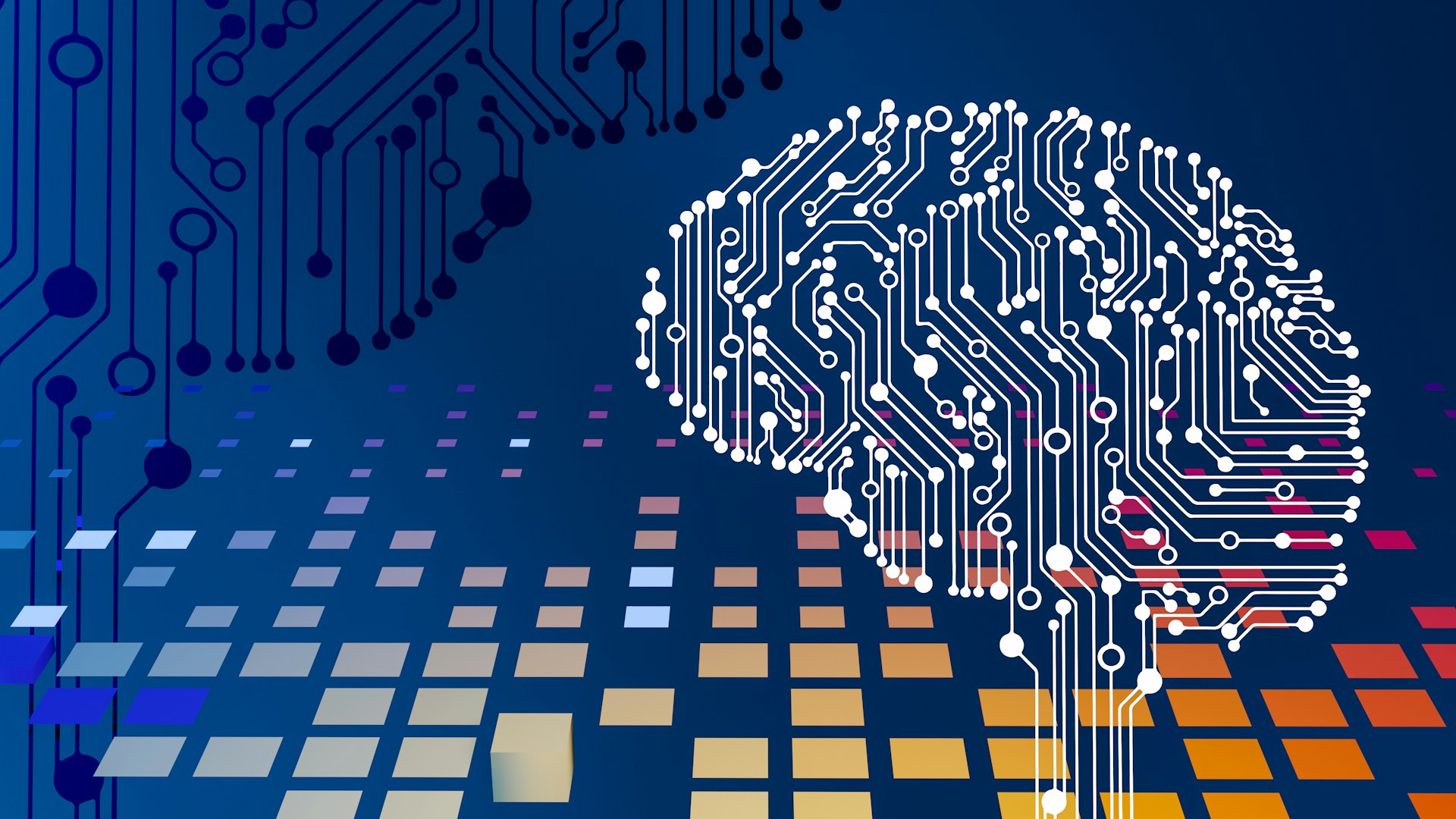
Explore how AI is transforming industries such as healthcare, finance, manufacturing, transportation, retail, education, and entertainment. Discover key observations, challenges, ethical considerations, and future outlooks in our comprehensive blog post.
Artificial Intelligence (AI) has evolved from a futuristic concept to a pervasive force across industries, transforming the way businesses operate, people work, and society functions. From healthcare to finance, from transportation to entertainment, AI’s influence is palpable and continues to expand. In this blog post, we’ll delve into the key observations regarding AI’s impact across various sectors.
Embarking on a Journey of AI Discovery
Learning about AI opens doors to a realm of possibilities. Many Artificial Intelligence insights unravel the intricacies of machine learning, deep learning, and neural networks, unveiling how algorithms mimic human cognition. Understanding AI’s applications across industries, from healthcare to finance, sparks curiosity about predictive analytics, natural language processing, and computer vision. Delving into AI’s ethical considerations fosters a deeper appreciation for responsible AI development and deployment. Exploring AI’s impact on society, from automation to job roles, ignites discussions on workforce transformation and skill evolution. Embracing AI education is not just about acquiring technical knowledge but also about embracing innovation, ethics, and the future of intelligent technologies.
Healthcare
In healthcare, AI is revolutionizing patient care, diagnosis, and treatment. One notable observation is the use of AI-powered systems for medical imaging analysis. These systems can detect anomalies in X-rays, MRIs, and CT scans with remarkable accuracy, aiding radiologists in making faster and more precise diagnoses. Moreover, AI-driven predictive analytics are enhancing personalized medicine by analyzing patient data to predict disease progression and recommend tailored treatment plans.
Finance
The financial sector is embracing AI to improve risk management, fraud detection, and customer experience. AI algorithms analyze vast amounts of financial data in real-time, detecting fraudulent activities and mitigating risks proactively. Additionally, AI-powered chatbots and virtual assistants are enhancing customer interactions, providing personalized recommendations, and streamlining banking processes.
Manufacturing
AI is transforming manufacturing through automation, predictive maintenance, and quality control. One key observation is the deployment of AI-powered robots in production lines, improving efficiency and reducing errors. Predictive maintenance algorithms analyze equipment data to detect potential failures before they occur, minimizing downtime and optimizing resource utilization. AI-driven quality control systems inspect products with precision, ensuring adherence to standards and minimizing defects.
Transportation
The transportation industry is undergoing a significant transformation with AI-driven innovations such as autonomous vehicles, predictive maintenance for fleets, and route optimization. Autonomous vehicles equipped with AI algorithms can navigate roads, detect obstacles, and make real-time decisions, promising safer and more efficient transportation. Predictive maintenance systems analyze data from vehicles to schedule maintenance proactively, reducing breakdowns and optimizing operational costs.
Retail
AI is reshaping the retail landscape by personalizing customer experiences, optimizing supply chains, and enabling efficient inventory management. One notable observation is the use of AI-powered recommendation engines that analyze customer behavior to offer personalized product suggestions, increasing sales and customer satisfaction. AI-driven supply chain optimization tools forecast demand, manage inventory levels, and enhance logistics efficiency, leading to cost savings and improved delivery times.
Education
In education, AI is revolutionizing learning experiences, personalized tutoring, and administrative tasks. AI-based learning platforms adapt content to individual student needs, improving engagement and learning outcomes. Personalized tutoring systems use AI algorithms to provide tailored learning paths and feedback, enhancing student performance. Moreover, AI-powered administrative tools automate tasks such as grading, scheduling, and student management, freeing up educators’ time for more impactful interactions with students.
Entertainment
The entertainment industry is leveraging AI for content creation, recommendation engines, and audience insights. AI algorithms analyze user preferences and behavior to recommend personalized content, increasing user engagement and retention on streaming platforms. Content creation tools powered by AI generate music, art, and video content autonomously, fostering creativity and innovation. Additionally, AI-driven analytics provide valuable insights into audience preferences, enabling content creators to make data-driven decisions.
Challenges and Ethical Considerations
While AI brings numerous benefits across industries, it also presents challenges and ethical considerations. One key challenge is the potential for algorithmic bias, where AI systems may exhibit discriminatory behavior based on biased training data. Addressing bias requires robust data collection practices, diverse datasets, and ongoing algorithmic auditing and refinement.
Ethical considerations also arise regarding AI’s impact on employment, privacy, and decision-making. The automation of tasks through AI may lead to job displacement, necessitating reskilling and upskilling initiatives. Ensuring data privacy and security in AI applications is crucial to maintaining trust and safeguarding sensitive information. Moreover, transparent and accountable AI decision-making processes are essential to avoid unintended consequences and uphold ethical standards.
Future Outlook
Looking ahead, the integration of AI with other emerging technologies such as the Internet of Things (IoT), blockchain, and augmented reality (AR) will further amplify its impact across industries. AI-driven autonomous systems will continue to advance, enabling smarter cities, sustainable practices, and enhanced human-machine collaboration. However, navigating regulatory frameworks, addressing societal concerns, and fostering responsible AI adoption will be paramount in shaping a positive and inclusive future powered by AI.

In conclusion, AI’s influence across industries is profound and multifaceted, driving innovation, efficiency, and transformational change. By harnessing AI’s capabilities responsibly and ethically, businesses and societies can unlock new opportunities and create a more intelligent and sustainable future.
Was this news helpful?







 Yes, great stuff!
Yes, great stuff! I’m not sure
I’m not sure No, doesn’t relate
No, doesn’t relate



